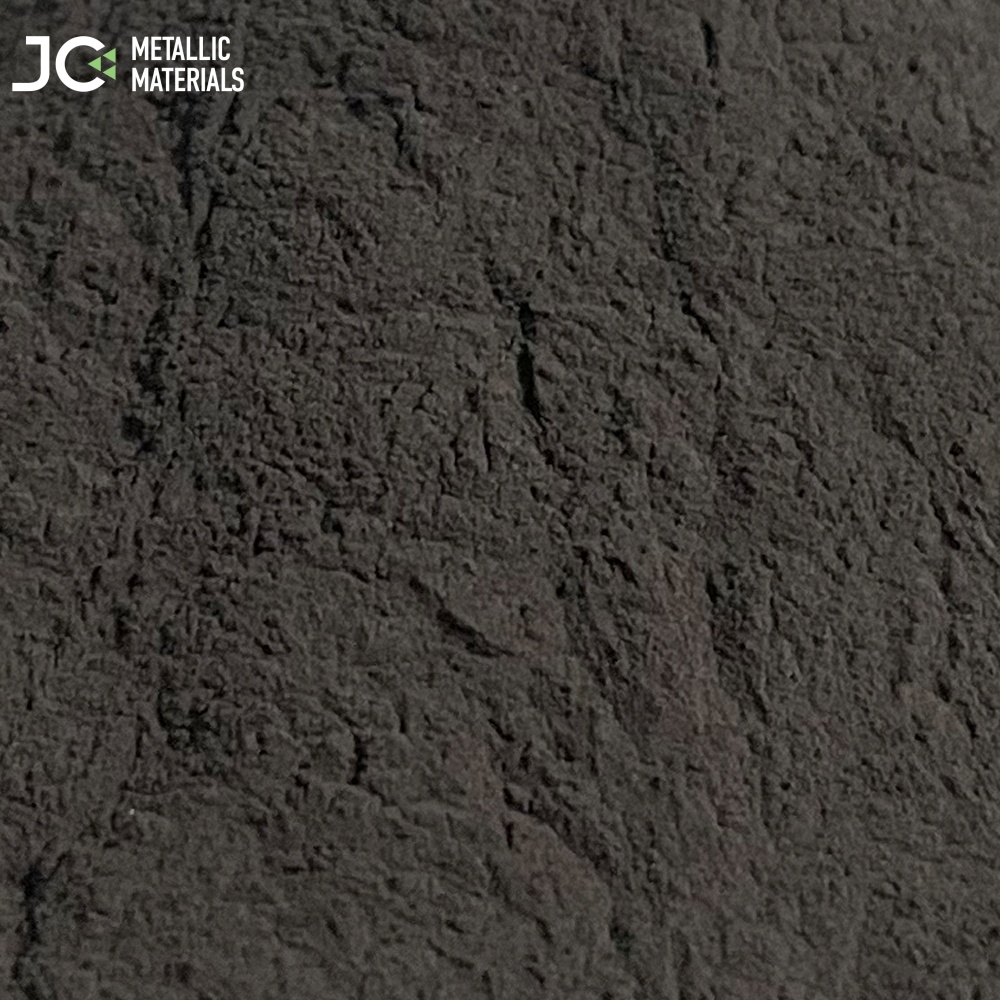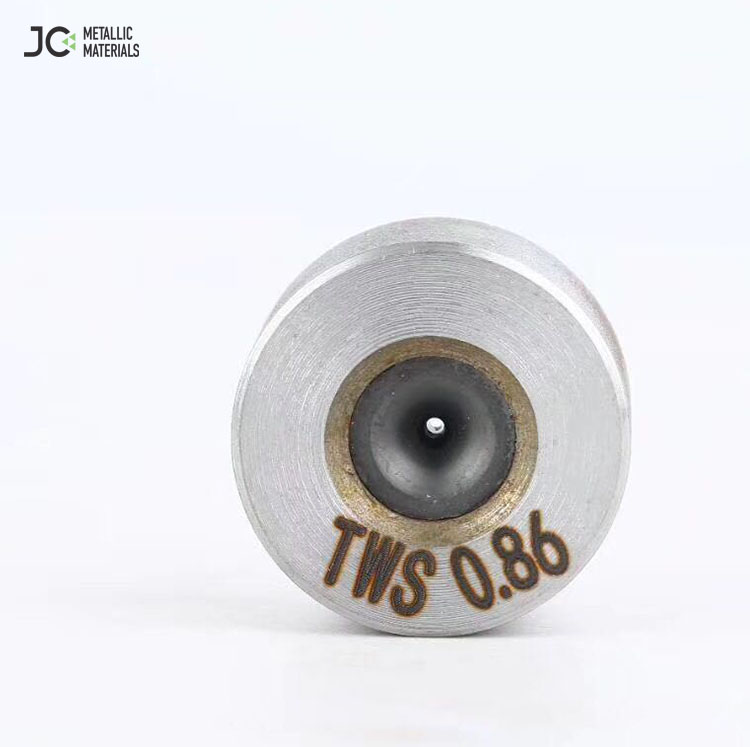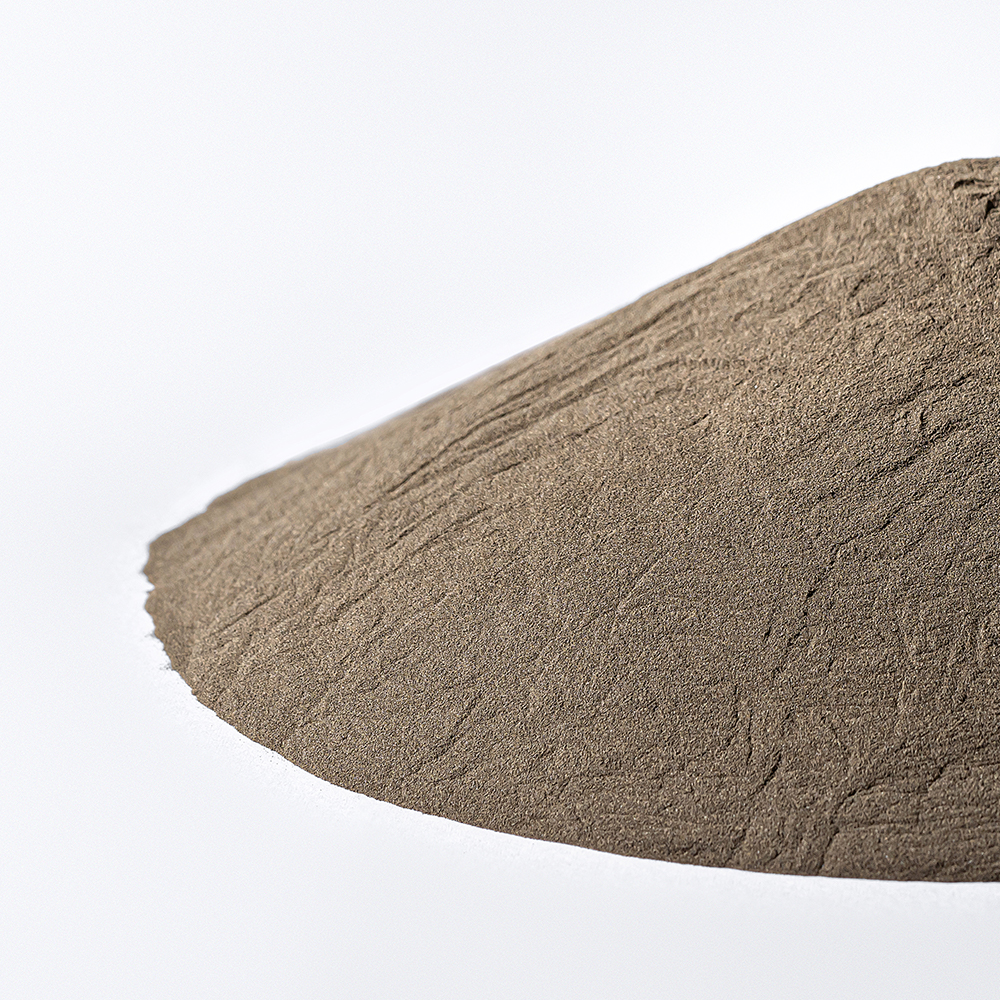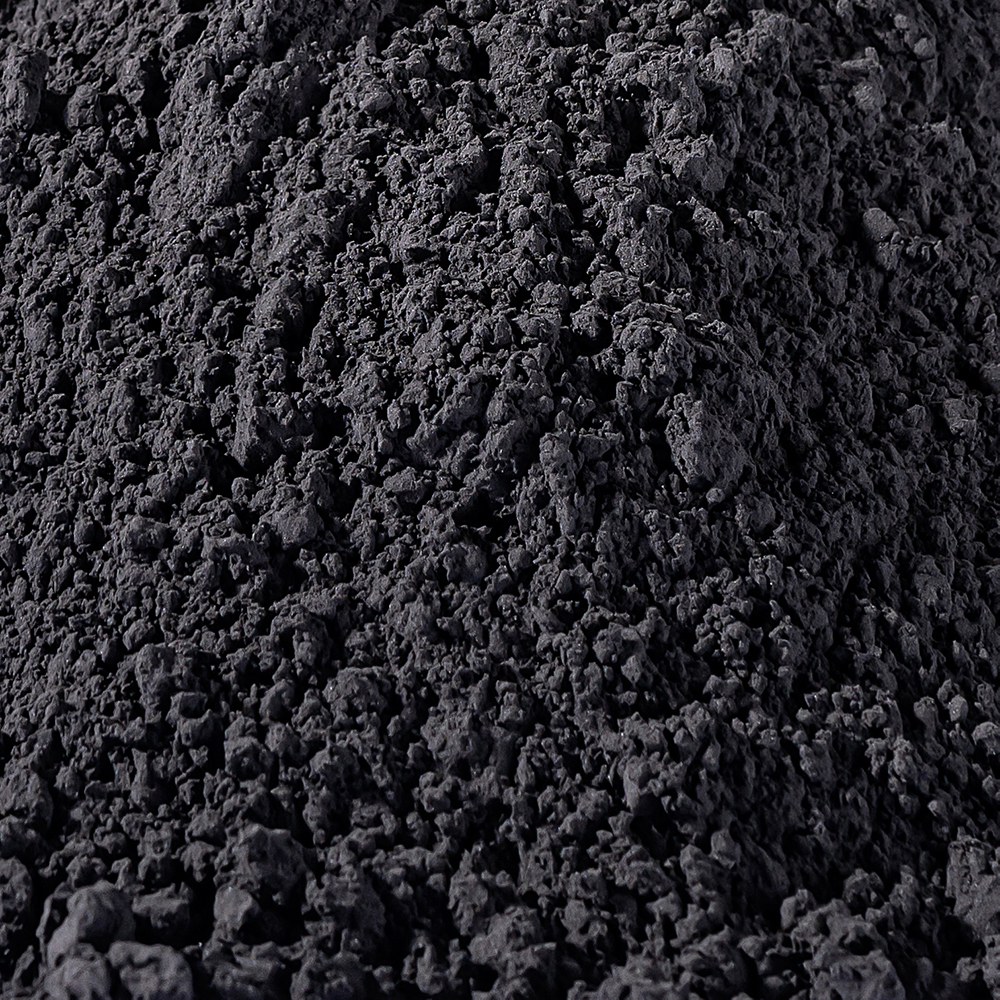
Guide to the Best Solder Powders for Microelectronics
In the world of microelectronics, where components are extremely small and precise connections are essential, choosing the right solder powder is critical. Solder powders play a vital role in creating secure and reliable electrical connections, ensuring high performance and longevity in microelectronic devices. As a leading metal powder manufacturer, Jinchun offers a range of high-quality solder powders specifically designed to meet the demands of microelectronics. This guide will explore the best solder powders for microelectronics, key factors to consider when selecting them, and the unique advantages of Jinchun’s solder powders.
Importance of Solder Powders in Microelectronics
Solder powders are widely used in microelectronics to form reliable connections between small components, such as semiconductors, resistors, and integrated circuits. These powders are typically used in paste form, making it easy to apply precise amounts to circuit boards. The performance and durability of microelectronic devices depend heavily on the quality and properties of the solder powder, as these affect factors such as joint strength, electrical conductivity, and thermal stability.
Key Benefits of High-Quality Solder Powders
- Reliable Electrical Connections: High-quality solder powders ensure strong and stable connections, critical for device functionality.
- Enhanced Thermal Conductivity: Solder powders help dissipate heat, protecting sensitive microelectronic components from thermal damage.
- Durability and Longevity: Quality solder powders provide durable connections that withstand environmental factors like temperature fluctuations and vibrations.
- Precision Application: Solder powders are available in fine particle sizes, allowing for precise placement, especially in densely packed microelectronic circuits.
Best Solder Powders for Microelectronics Applications
Selecting the right solder powder depends on the specific requirements of the application, including temperature range, strength, conductivity, and environmental resistance. Jinchun offers a range of solder powders optimized for microelectronics, each designed to deliver consistent performance and reliability.
1. Tin-Silver (Sn-Ag) Solder Powder
Tin-silver solder powder is a popular choice for lead-free applications in microelectronics due to its excellent electrical conductivity and thermal stability. This alloy provides reliable joint strength and is suitable for high-reliability electronics.
- Ideal for Lead-Free Applications: Sn-Ag powder is lead-free, making it environmentally friendly and compliant with RoHS standards.
- High Melting Point: With a melting point around 221°C, tin-silver powder is suitable for applications requiring high thermal stability.
- Good Oxidation Resistance: This solder powder has strong resistance to oxidation, ensuring a long-lasting bond in microelectronic components.
Jinchun’s Advantage: Jinchun’s Sn-Ag solder powder is manufactured to high purity standards, ensuring minimal impurities and reliable performance in lead-free applications, providing a dependable choice for manufacturers transitioning to eco-friendly materials.

2. Tin-Silver-Copper (SAC) Solder Powder
Tin-silver-copper (SAC) powder is another excellent lead-free option known for its robust joint strength and thermal fatigue resistance, making it ideal for applications exposed to frequent temperature changes.
- High Thermal Fatigue Resistance: SAC solder powder provides strong connections that withstand thermal cycling, ideal for devices exposed to varying temperatures.
- Enhanced Strength: The copper content in SAC solder powder increases joint strength, providing greater reliability in demanding applications.
- Good Wettability: SAC alloys offer good wettability, ensuring uniform distribution and effective adhesion to components.
Jinchun’s Advantage: Jinchun’s SAC solder powder is produced with a consistent particle size, optimizing its flow and spread during application, making it highly suitable for complex microelectronic assemblies.
3. Tin-Bismuth (Sn-Bi) Solder Powder
Tin-bismuth solder powder is valued for its low melting point, around 138°C, making it ideal for microelectronic components that require lower processing temperatures to avoid heat-sensitive damage.
- Low-Temperature Processing: Sn-Bi solder powder is perfect for temperature-sensitive applications, reducing the risk of damaging delicate microelectronic components.
- Environmentally Friendly Option: As a lead-free alloy, Sn-Bi complies with RoHS standards, offering a green alternative for environmentally conscious manufacturers.
- Smooth Surface Finish: This alloy provides a smooth and uniform surface finish, ensuring consistent results and reducing defects in solder joints.
Jinchun’s Advantage: Jinchun’s Sn-Bi solder powder features high purity and a controlled particle size for smooth application and reliable connections, making it suitable for precise, low-temperature soldering in microelectronics.
4. Tin-Copper (Sn-Cu) Solder Powder
Tin-copper solder powder is an affordable, lead-free option for general microelectronics applications. It is commonly used in consumer electronics and other devices where cost-efficiency is a priority.
- Cost-Effective Solution: Sn-Cu powder provides a budget-friendly option without compromising joint strength or durability, ideal for high-volume production.
- Good Mechanical Strength: This alloy delivers solid mechanical strength, suitable for consumer electronics and devices with moderate reliability requirements.
- Corrosion Resistance: Tin-copper solder powder offers good resistance to corrosion, making it suitable for environments with moderate exposure to moisture or corrosive elements.
Jinchun’s Advantage: Jinchun’s Sn-Cu solder powder combines cost-effectiveness with reliable performance, offering consistent quality in applications where affordability and efficiency are critical.
5. High-Lead (Pb) Solder Powder
While lead-free options are widely preferred, high-lead solder powders are still used in applications requiring extreme thermal stability, such as aerospace and military electronics. The high-lead content provides excellent resistance to thermal cycling.
- Exceptional Thermal Stability: High-lead solder powders withstand extreme temperatures, ideal for high-reliability applications.
- Resistant to Thermal Fatigue: Lead-based alloys offer robust thermal fatigue resistance, ensuring the longevity of solder joints in harsh environments.
- Excellent Wetting Properties: This type of solder powder ensures a uniform bond and reduces the risk of solder voids, critical for reliability.
Jinchun’s Advantage: Jinchun’s high-lead solder powder is manufactured under strict quality control, ensuring consistent performance in high-reliability applications where thermal stability is paramount.
Key Factors to Consider When Choosing Solder Powders for Microelectronics
Choosing the right solder powder involves understanding the specific requirements of the microelectronics application. Here are essential factors to consider to ensure the best performance and durability.
1. Melting Temperature
The melting temperature of the solder powder affects the heat required during the soldering process and the thermal resistance of the resulting joint. Applications with heat-sensitive components may require low-melting solder powders, such as tin-bismuth, while high-temperature applications may need high-lead options.
- Temperature-Sensitive Components: For delicate microelectronic components, opt for low-melting powders like Sn-Bi.
- High-Temperature Stability: In high-temperature environments, choose powders with a higher melting point, such as SAC or high-lead solder powders.
2. Reliability and Durability Requirements
For applications requiring high reliability, such as medical devices or aerospace equipment, choose solder powders that offer robust joint strength, thermal fatigue resistance, and corrosion resistance.
- Thermal Fatigue Resistance: Powders like SAC provide high thermal fatigue resistance, ideal for temperature-varying environments.
- Corrosion Resistance: In applications exposed to moisture, choose alloys like Sn-Ag or Sn-Cu for their corrosion-resistant properties.
3. Alloy Composition and Lead Content
While lead-free solder powders are widely preferred, certain applications may still require lead-based powders for their thermal stability. Choose alloys based on specific performance requirements and regulatory standards.
- Lead-Free Compliance: For general microelectronics, select RoHS-compliant lead-free powders, such as Sn-Ag or SAC.
- High-Lead for High-Reliability: In aerospace or military applications, high-lead solder powders may be necessary to meet thermal and fatigue resistance needs.
4. Particle Size and Shape
Particle size and shape influence the flowability and application precision of the solder powder, especially important in microelectronics where components are densely packed.
- Fine Particle Size for Precision: Fine powders are ideal for applications requiring detailed, precise connections.
- Uniform Shape for Consistent Flow: Spherical or uniform-shaped powders ensure smooth, consistent application, reducing defects.
5. Wetting and Flow Characteristics
Good wetting and flow characteristics ensure a smooth, even spread of solder powder, reducing the risk of solder voids or defects. Certain alloys, like SAC, offer excellent wettability, making them ideal for microelectronic applications requiring strong adhesion.
- Wettability: High-wettability powders ensure uniform distribution and strong bonds, reducing defects in high-precision applications.
- Flow Consistency: Powders with uniform flow improve application efficiency and ensure smooth, defect-free joints.
Why Choose Jinchun’s Solder Powders for Microelectronics?
Jinchun is dedicated to manufacturing high-purity, high-performance solder powders optimized for microelectronics. Our rigorous quality standards and commitment to innovation ensure that our solder powders meet the demands of even the most challenging applications, from consumer electronics to aerospace.
Advantages of Choosing Jinchun’s Solder Powders
- Precision Manufacturing: Our solder powders are produced using advanced technology to maintain consistent particle size, shape, and composition, ensuring superior flow and adhesion in microelectronics.
- Comprehensive Range: Jinchun offers a wide selection of solder powders, including lead-free and high-lead options, to meet specific industry requirements and regulatory standards.
- High Purity Standards: Jinchun’s solder powders are manufactured with high purity, ensuring minimal impurities and optimal performance, essential for reliable connections in sensitive devices.
- Technical Support and Customization: We provide technical assistance and customization options, ensuring clients receive the ideal solder powder for their specific microelectronics applications.
Schlussfolgerung
Choosing the best solder powder for microelectronics involves understanding the specific needs of your application, from temperature sensitivity and durability to compliance with regulatory standards. Jinchun’s range of solder powders, including Sn-Ag, SAC, Sn-Bi, Sn-Cu, and high-lead options, provides reliable, high-quality solutions tailored to meet the precision and performance demands of the microelectronics industry.
Explore Jinchun’s high-performance solder powders and enhance the reliability and durability of your microelectronics projects. With Jinchun, you can rely on consistent quality, technical expertise, and innovative solutions that support your success in the rapidly evolving world of microelectronics.


_6258副本-2.jpg)



